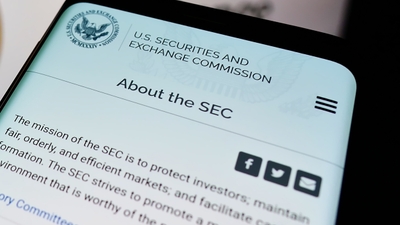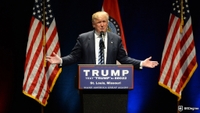Societe Generale-Forge's New Stablecoin Faces Criticizm for "Horrible" Code
Several crypto community members called the stablecoin code "absolutely horrible" and "the worst."
French bank Societe Generale-Forge (SGF) recently released a euro-pegged stablecoin called EUR CoinVertible (EURCV) on the Ethereum blockchain.
However, the stablecoin has drawn criticism for its decision to restrict peer-to-peer transactions and is available only to qualified institutional clients.

Did you know?
Subscribe - We publish new crypto explainer videos every week!
How to Trade NFTs Safely? (Animated Explainer For Beginners)


Experts reviewing EURCV's smart contract code have found that ERC-20 transfers must be approved by a centralized registrar, probably controlled by the bank, before transactions can be processed. This revelation has sparked a backlash from several crypto community members.
In a tweet, pseudonymous smart contract engineer "alephv.eth" pointed out the centralization issue and mocked the code as a "radical commitment to inefficiency in the name of regulation." In another tweet, the engineer noted:
They coded it so they have to whitelist all users, process all user transfers, and even process your ERC20 approvals before they process your 'transferFrom' lmao.
The founder of a non-fungible token (NFT) project founder "foobar," also chimed in, calling the stablecoin a "laughing stock" and describing the code as "the worst" they had ever seen.
Crypto researcher Mason Versluis echoed these sentiments, suggesting that the French bank should "stop trying to weasel" into crypto, calling the code "absolutely horrible."
Despite the criticism, Ether (ETH) investor Ryan Berckman suggests that traditional financial firms like SGF will take "baby steps" as they enter the world of blockchain and digital assets. On top of that, Berckman noted:
Obviously, non-compliant, non-composable, allowlist-style stables are going to be uncompetitive in the market. Baby steps, they are coming from tradfi, they’ll see it soon enough and switch to a USDC-style denylist.
EUR CoinVertible's centralized nature faced a wave of criticism in the crypto community. However, some argue that traditional financial institutions must take small steps before fully embracing decentralization.























